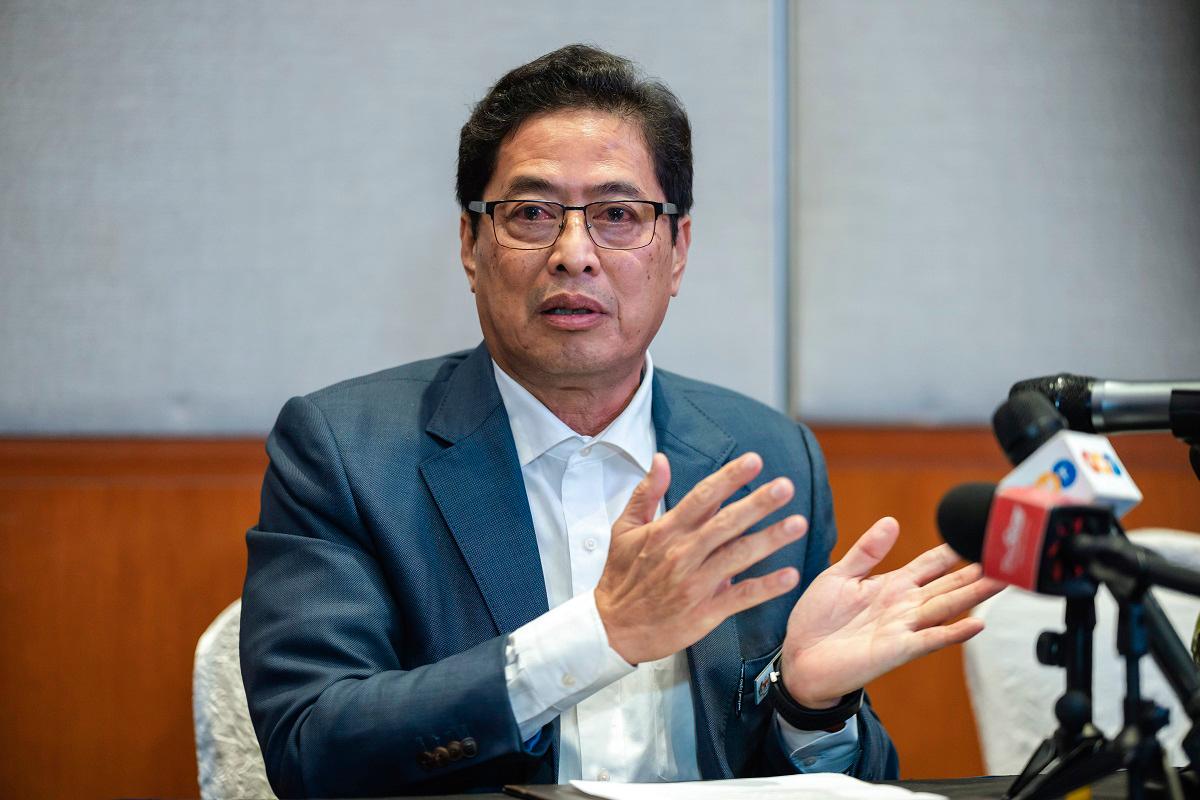KUALA LUMPUR: The newly established Accounting Fraud Working Group will bolster
anti-corruption efforts in Malaysia, providing expert support for investigations and asset recovery in complex financial fraud cases, including the 1Malaysia Development Bhd (1MDB) scandal.
Malaysian Anti-Corruption Commission (MACC) chief commissioner Tan Sri Azam Baki described the 1MDB case as “very messy”, involving substantial
assets that demand specialised forensic expertise.
“Many of the stolen assets are abroad. Without help from certain experts, it would take us even longer to recover the money.
“There is a lot of tracing, analyses and cooperation with foreign authorities involved.”
Speaking at the group’s launch at the Royale Chulan Hotel in Kuala Lumpur yesterday, he said a multidisciplinary approach is vital to move the investigation forward efficiently.
“The 1MDB case exemplifies how financial statement fraud can be deeply intricate, involving account manipulation, fictitious transactions and collusion with auditors.”
Led by MACC, the Accounting Fraud Working Group comprises the National Audit Department, Accountant-General’s Department, Companies Commission of Malaysia, Inland Revenue Board, Malaysian Institute of Accountants and Universiti Teknologi Mara.
Azam said modern financial crimes are growing in sophistication, requiring equally advanced responses.
“Fraudulent activities are often concealed behind falsified business documents, proxy companies or disguised as business expenses, such as consultancy fees, entertainment costs or development charges. These layered transactions make tracing the real money trail difficult.
“The typology of corruption today is more complex than ever. Alarmingly, many fraud cases are embedded within accounting and auditing processes.
“When these systems lack transparency or are managed by individuals with weak integrity, they fail as protective gatekeepers and instead enable wrongdoing.”
Azam said Malaysia lost an estimated RM277 billion to corruption between 2018 and 2023, an average of RM55 billion a year, describing the amount as “alarming”.
“A 2023 study by think tank Emir Research, which also looked at data from various public reports, estimated that total losses reached RM4.5 trillion from 1997 to 2022.”
He underscored the need for a coordinated national response.
“Government agencies can no longer operate in silos. This
working group provides a coordinated framework to align efforts in addressing these complex financial crimes.
“It will also function as an early warning system to detect leakage in public procurement and fund distribution while promoting reforms for transparent and accountable financial reporting.”
He described the group as a potential “game changer” in strengthening Malaysia’s financial governance, characterising financial statement fraud as “one of the gravest forms of corruption”.
“This type of fraud creates false impressions of financial health to conceal embezzlement or inflate performance, making it highly calculated and damaging.
“While enforcement is crucial, prevention through stronger internal controls and early detection systems is equally important. Even preventing RM10 billion in annual leakage would be a significant achievement.”
He added that the group’s diverse expertise is particularly valuable for cross-border asset recovery, which involves tracing funds internationally and coordinating with foreign authorities, which are capabilities that individual agencies may lack.
Auditor-General Datuk Seri
Wan Suraya Wan Mohd Radzi described accounting fraud as a serious threat to institutional credibility and the efficiency of public spending.
She said the formation of the working group reflects a strong commitment to reform, addressing long-standing issues highlighted in the auditor-general’s reports, including procurement violations and governance failures.
She stressed the importance of structured oversight, advanced training and the adoption of technologies such as artificial intelligence and data analytics to detect and deter fraud.
The working group will function as a policy think tank, proposing reforms to enhance financial governance and accountability.
At the launch, representatives from participating agencies signed
a joint declaration pledging to cooperate on investigations,
share technical expertise and conduct joint training initiatives to uphold integrity.









